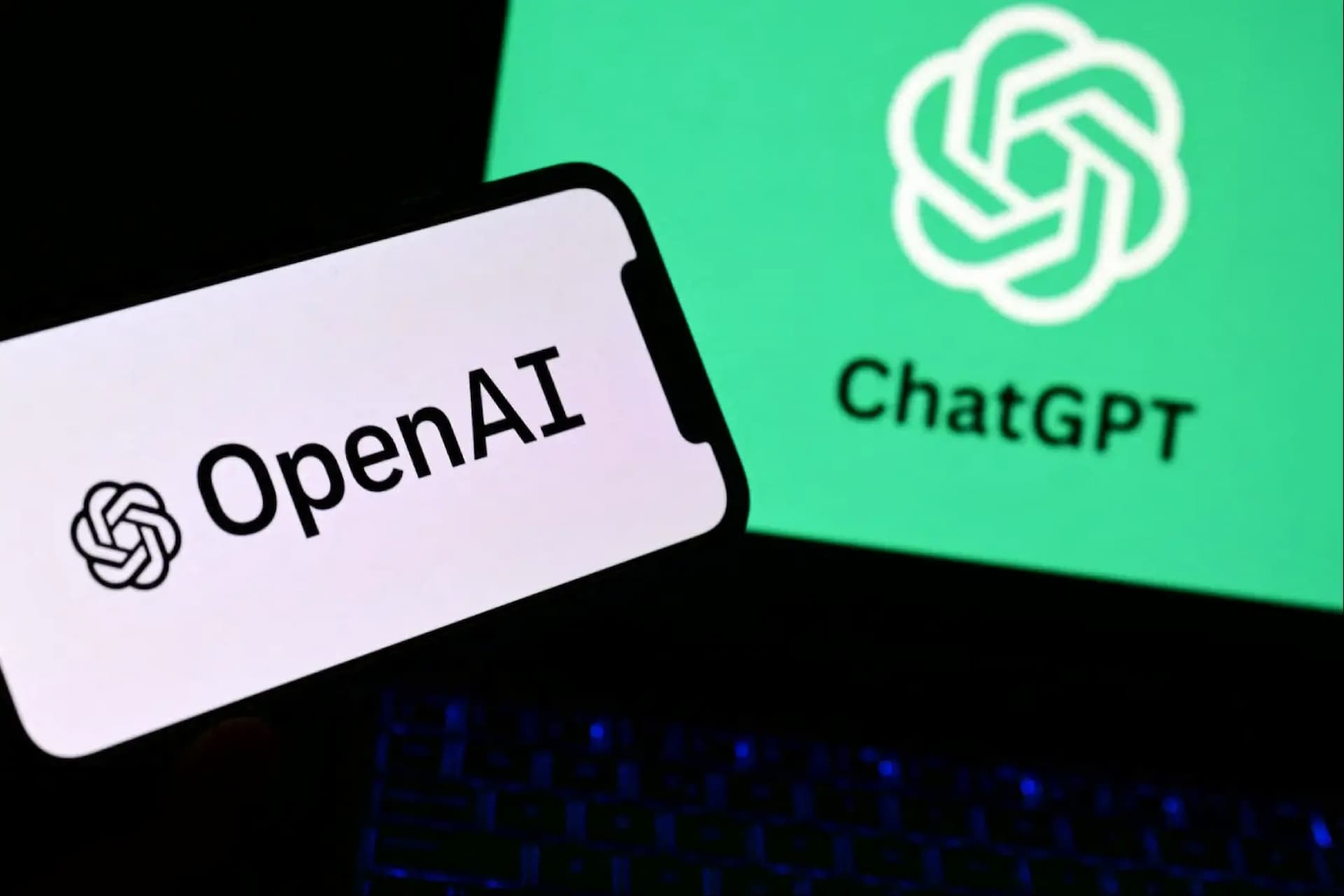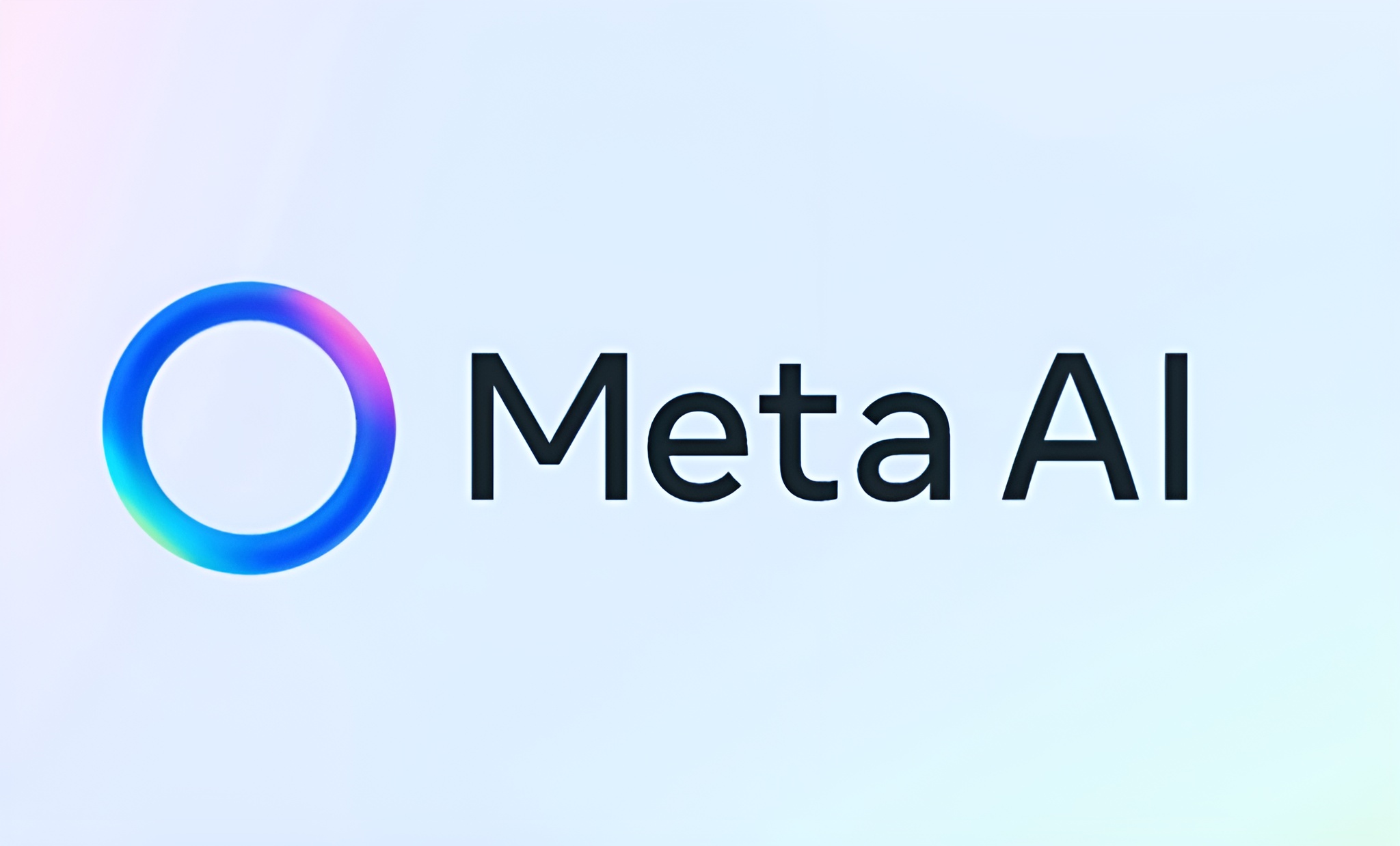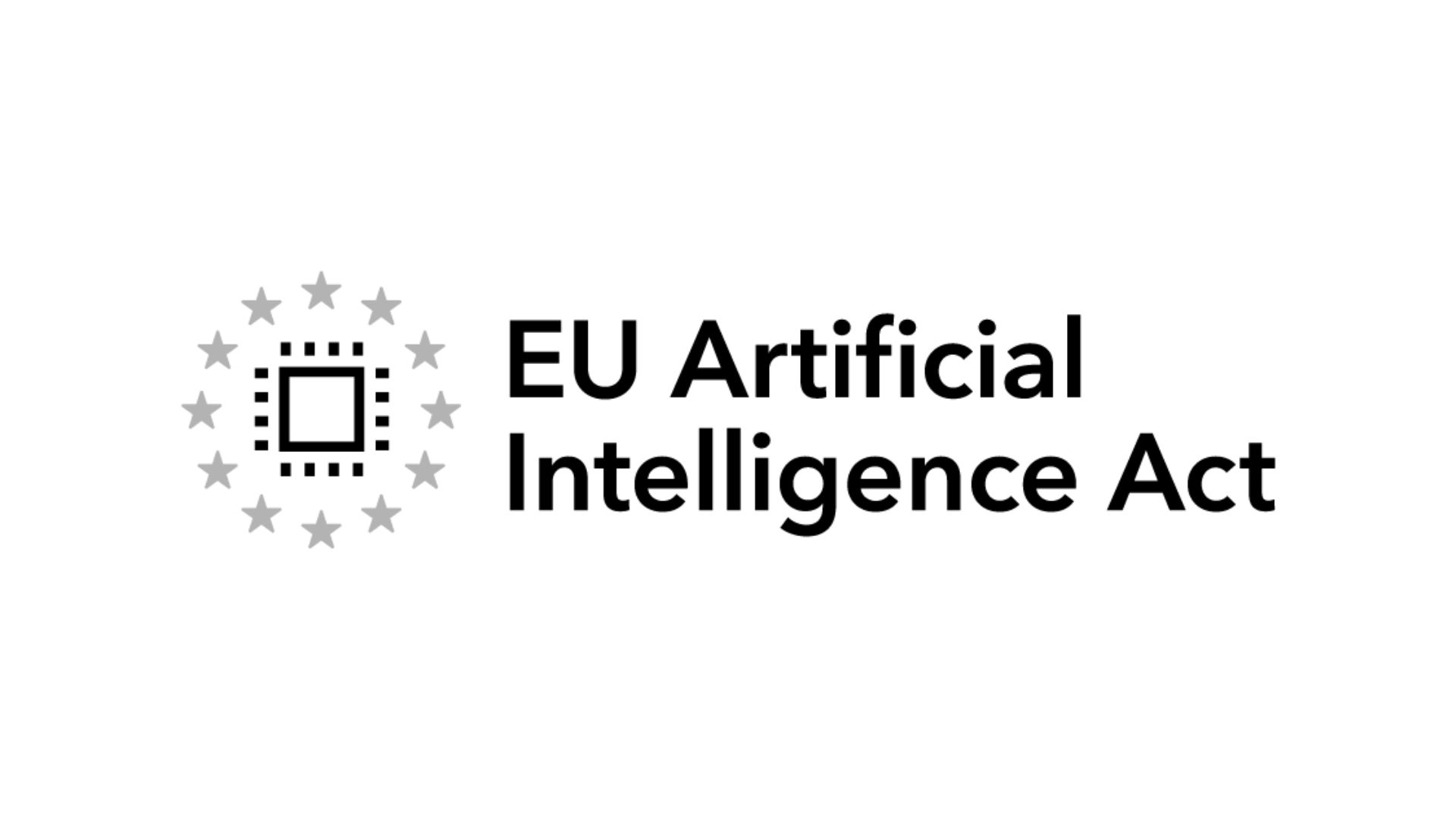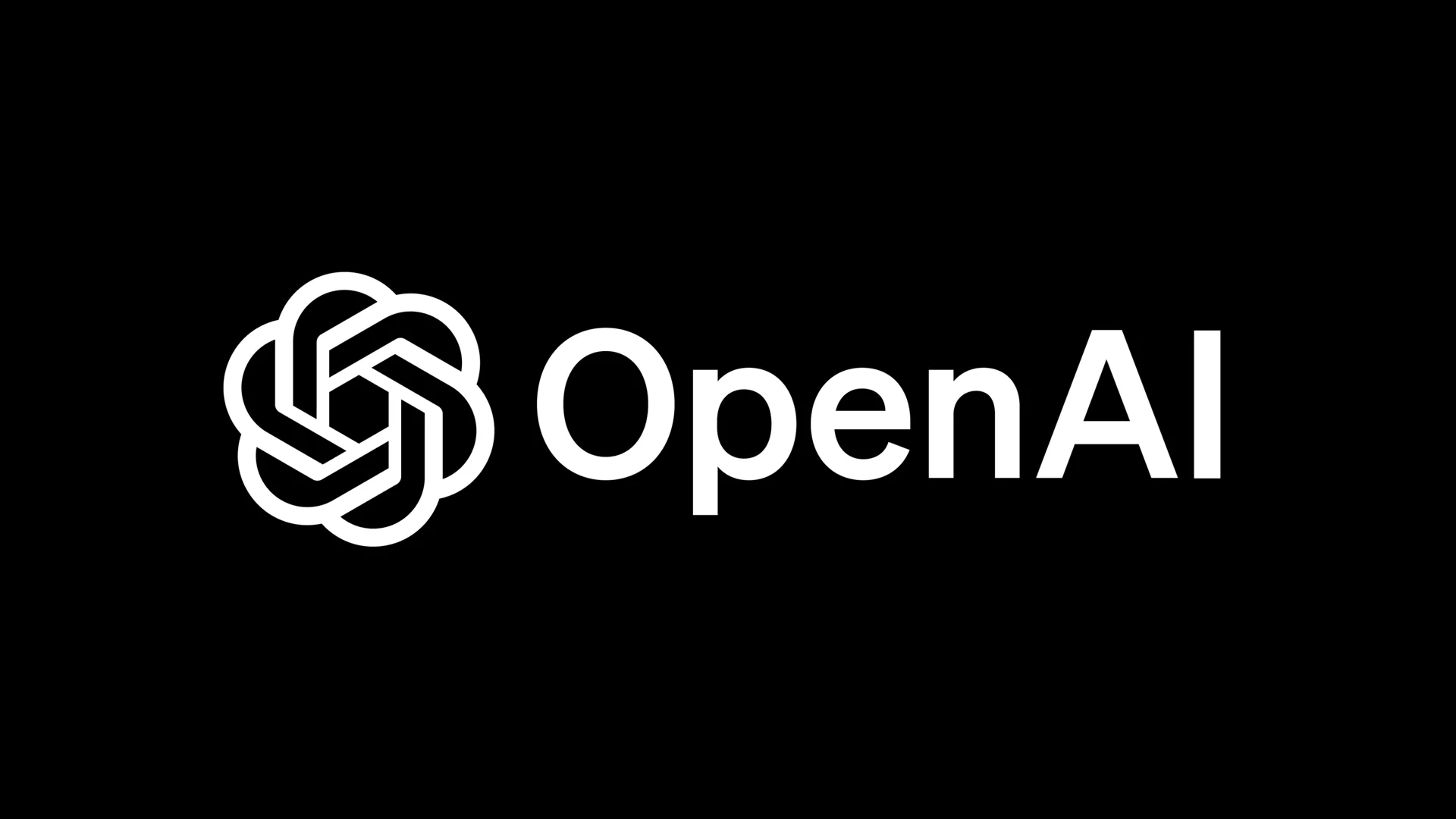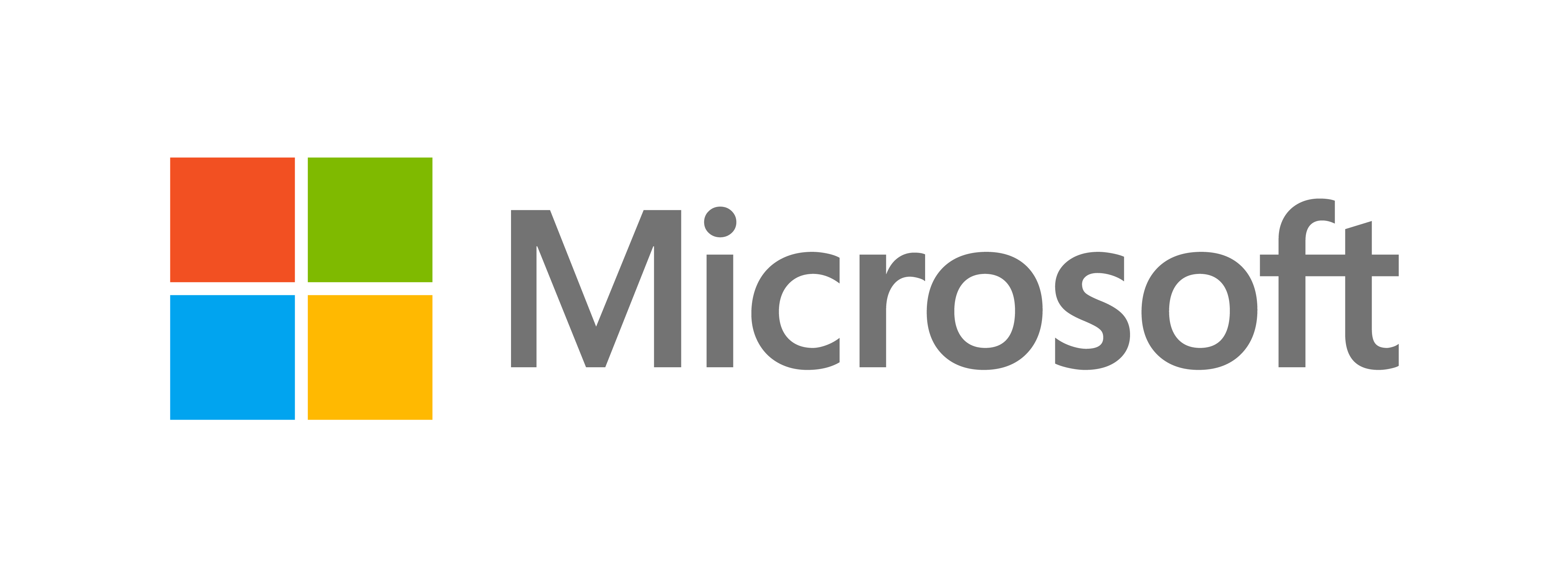Microsoft has reported better-than-expected results for the fourth quarter of its 2025 fiscal year, attributing much of its success to the continued expansion of its cloud services and the integration of AI.
‘Cloud and AI are the driving force of business transformation across every industry and sector,’ said Satya Nadella, Microsoft’s chairman and chief executive, in a statement on Wednesday.
For the first time, Nadella disclosed annual revenue figures for Microsoft Azure, the company’s cloud computing platform. Azure generated more than $75 billion in the fiscal year ending 30 June, representing a 34 percent increase compared to the previous year.
Nadella noted that this growth was ‘driven by growth across all workloads’, including those powered by AI. On average, Azure contributed approximately $19 billion in revenue per quarter.
While this trails Amazon Web Services (AWS), which posted net sales of $29 billion in the first quarter alone, Azure remains a strong second in the cloud market. Google Cloud, by comparison, has an annual run rate of $50 billion, according to parent company Alphabet’s Q2 2025 earnings report.
‘We continue to lead the AI infrastructure wave and took share each quarter this year,’ Nadella told investors during the company’s earnings call.
However, he did not provide specific figures showing how AI factored into the results, a point of interest for financial analysts given Microsoft’s projected $80 billion in capital expenditures this fiscal year to support AI-related data centre expansion.
During the call, Bernstein Research senior analyst Mark Moerdler asked how businesses might ultimately monetise AI as a software service.
Nadella responded with a broad comparison to the cloud business, suggesting the two were now deeply connected. It was left to CFO Amy Hood to offer a more structured explanation.
‘There’s a per-user logic,’ Hood explained. ‘There are tiers of per-user. Sometimes those tiers relate to consumption. Sometimes there are pure consumption models. I think you’ll continue to see a blending of these, especially as the AI model capability grows.’
In essence, Microsoft intends to monetise AI in a manner similar to its traditional software offerings—charging either per user, by usage tier, or based on consumption.
With AI now embedded across Microsoft’s portfolio of products and services, the company appears to be positioning itself to keep attributing more of its revenue to AI-powered innovation.
The numbers suggest there is plenty of revenue to go around. Microsoft posted $76.4 billion in revenue for the quarter, up 18 percent compared to the same period last year.
Operating income stood at $34.3 billion (up 23 percent), with net income reaching $27.2 billion (up 24 percent). Earnings per share climbed 24 percent to $3.65.
For the full fiscal year, Microsoft reported $281.7 billion in revenue—an increase of 15 percent. Operating income rose to $128.5 billion (up 17 percent), while net income hit $101.8 billion (up 16 percent). Annual earnings per share reached $13.64, also up by 16 percent.
Azure forms part of Microsoft’s Intelligent Cloud division, which generated $29.9 billion in quarterly revenue, a 26 percent year-on-year increase.
The Productivity and Business Processes group, which includes Microsoft 365, LinkedIn, and Dynamics, managed to earn $33.1 billion, upping its revenue by 16 percent. Meanwhile, the More Personal Computing segment, covering Windows, Xbox, and advertising, grew nine percent to $13.5 billion.
Despite some concerns among analysts regarding Microsoft’s significant capital spending and the ambiguous short-term returns on AI investments, investor confidence remains strong.
Microsoft’s share price jumped roughly eight percent after the earnings announcement, pushing its market capitalisation above $4 trillion in after-hours trading. It became only the second company, after Nvidia, to cross that symbolic threshold.
Market observers noted that while questions remain over the precise monetisation of AI, Microsoft’s aggressive positioning in cloud infrastructure and AI services has clearly resonated with shareholders.
With AI now woven into the company’s strategic fabric, Microsoft appears determined to maintain its lead in the next phase of enterprise computing.
Would you like to learn more about AI, tech and digital diplomacy? If so, ask our Diplo chatbot!

